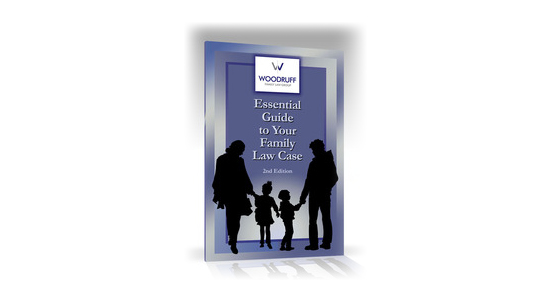Trials / Mediation / Collaborative
A family law trial in North Carolina is a court proceeding. Prior to going to trial, in most jurisdictions in North Carolina you are going to have to go to mediation. Generally, the custody mediation is with a court mediator without your attorney present. Generally, financial mediation of alimony, equitable distribution or other financial issues is a private mediation with a private mediator; each side pays half of the mediation. Your lawyer is present at the family financial mediation. Hopefully, your case will be solved at mediation and meet your objectives. If not, then you begin preparation for trial.
Before trial, there will probably be several pretrial conferences with the judge, exchange of discovery, perhaps depositions, hiring of experts if appropriate, and a pre-trial order in many instances.
Generally, a trial may start with an opening statement by the lawyer for the plaintiff and the lawyer for the defendant. These opening statements provide a roadmap of the case for the judge. DO NOT EXPECT THE TRIAL TO BE LIKE A TELEVISION TRIAL. Witnesses are called to the witness stand and documents are received by the court as evidence. A witness is either sworn or affirmed before they take the witness stand. The witness then testifies based upon questions asked by the plaintiff’s attorney, the defendant’s attorney, and occasionally by the trial judge. Documents may also be presented, but there are foundations that must be laid before a judge before the judge can look at a document (commonly referred to as an “exhibit”). Finally, the attorney for each side makes a closing argument, which is a summary of what happened during the trial. The judge then makes a decision. The judge may make the decision then or take the case under advisement, which is frequent in Guilford County, North Carolina for trials, such as equitable distribution or alimony. Then, a written order is prepared by either the judge or one of the attorneys. Sometimes there are post trial hearings on the form of the order or judgment.
A few types of family law issues may involve a jury. However, custody, child support and equitable distribution are always tried before a judge, not a jury. If you do not like the decision of the trial judge, you may have a legal reason to appeal to a higher court, but this should be carefully evaluated by a lawyer who handles appeals to the courts in Raleigh.
Finally, let’s discuss collaborative law and arbitration. North Carolina has sophisticated statutes on both topics. Collaborative law is a fancy word for a negotiation wherein the parties have agreed not to file for a trial judge to hear anything during the pendency of the collaborative process. The collaborative process ends with either an agreement, an arbitration, or a trial (in which case the parties start over with new lawyers).
We handle all types of dispute resolutions and proceedings or simply agreements, including but not limited to the following:









